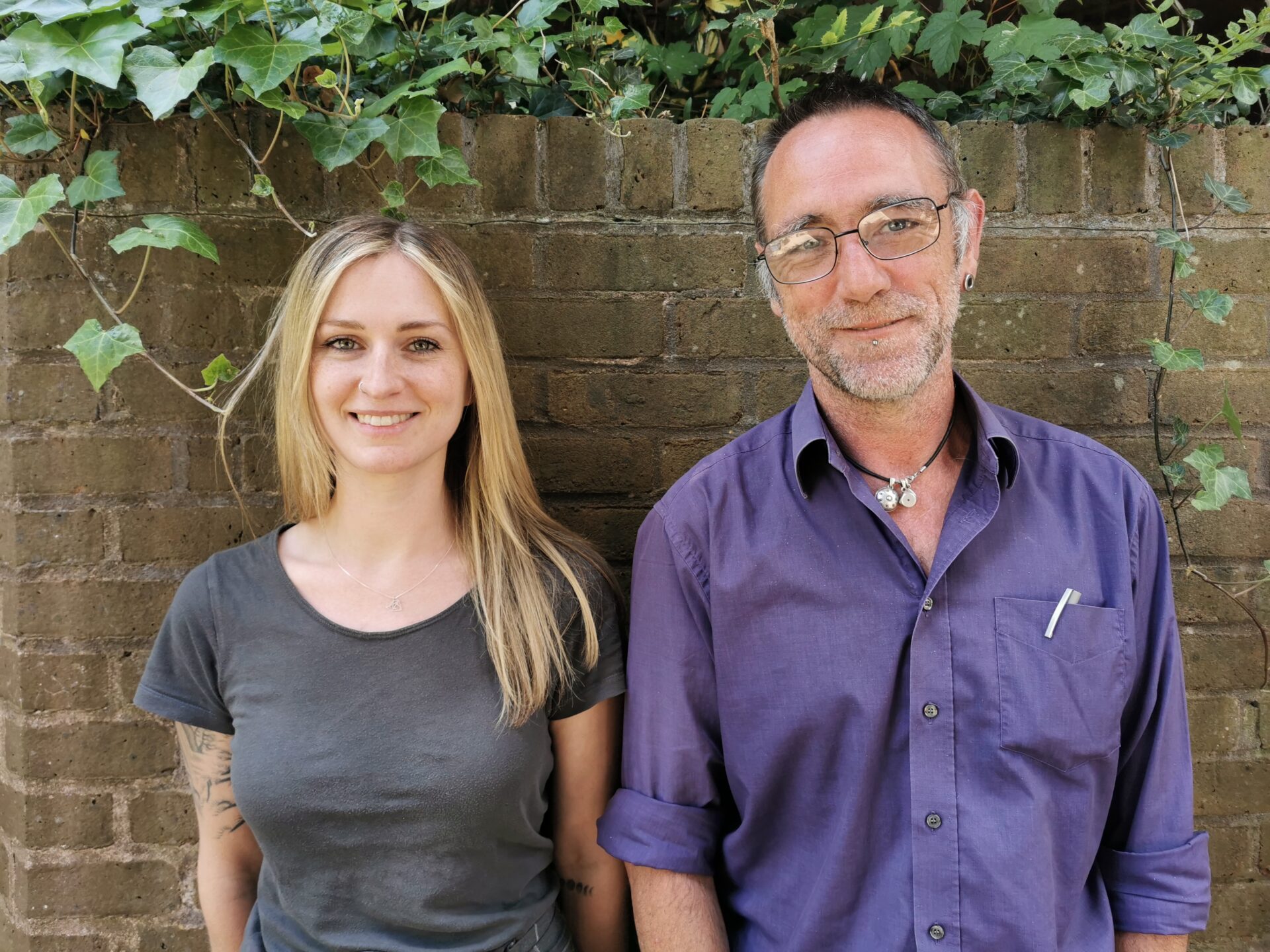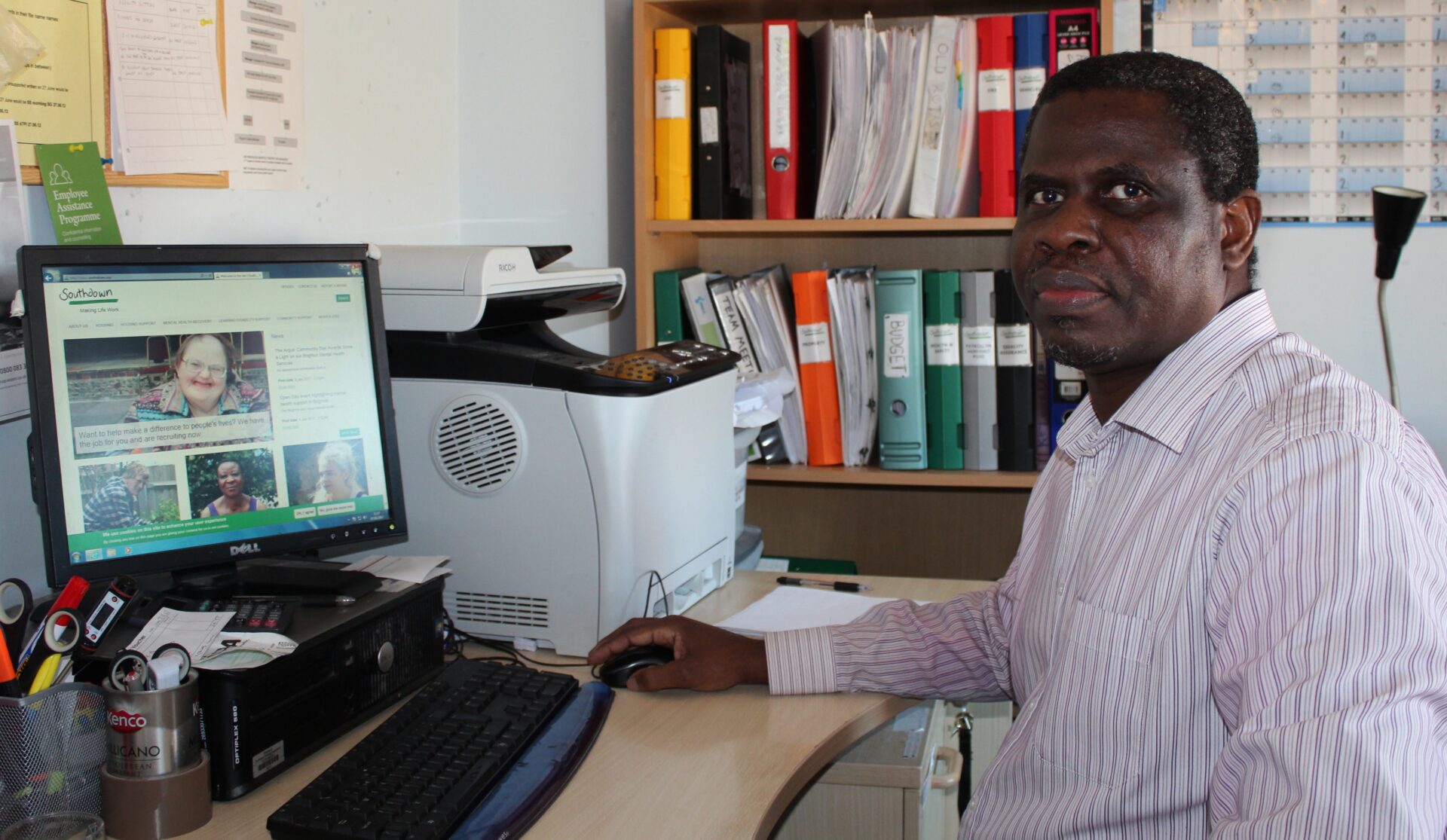“Each individual client’s choices and needs are nurtured”
“Quality of life is subjective; it can be very different for different people. It’s down to the individual.
With clients of our Learning Disability services, those that are more able can clearly communicate what their needs are and what they want. With clients that have more profound disabilities, our Support Workers use a variety of techniques to support communication and to enable individuals to express themselves.
Tools we use include a ‘Subjective Quality of Life’ tool which helps to identify things clients want to do and gaps where we could support a client to do something that they enjoy more often.
We also use ‘My Plan’ which looks at quality of life in terms of categories like happiness, health, family, household, and community. It looks at what a person would like to do now and also in the future; goals they want to work towards. The ‘My Plan’ is reviewed regularly.
In the autumn of 2022, Southdown recruited Quality of Life Champions across its learning disability services to ensure that each individual client’s choices and needs are nurtured, and to share best practice.
Our Quality of Life champions encourage and support our teams to enable our clients to take part in community life, and work towards reducing restrictions. It’s about enabling choice really.
Unfortunately, there is still stigma in our society towards people with learning disabilities. Examples include, receiving a slower, less thorough response when it comes to health issues. When out in a public space, people have asked if a client could be quiet. And, we’ve come across fear of clients that exhibit challenging behaviour. Accessibility and choice to take part in activities can be limiting too.
Overall though, there is more awareness of what it means to live with a learning disability. This could be because more support is embedded in the community rather than on the fringes of society or in treatment and assessment hospitals. Also, in the media, there’s more visibility of people with learning disabilities.
We’re all different. This is a positive thing. And life is all the more interesting and enriching because of this.”
Our Positive Behaviour Support (PBS) approach, embedded throughout our services, enables us to provide the very best care and support. It focuses on understanding challenging behaviour and tailoring support in response. It is also built on an understanding that effective communication between our clients and staff, as well as a person-centred approach, is essential to providing a quality service. Find out more about our Learning Disability Support services here.


